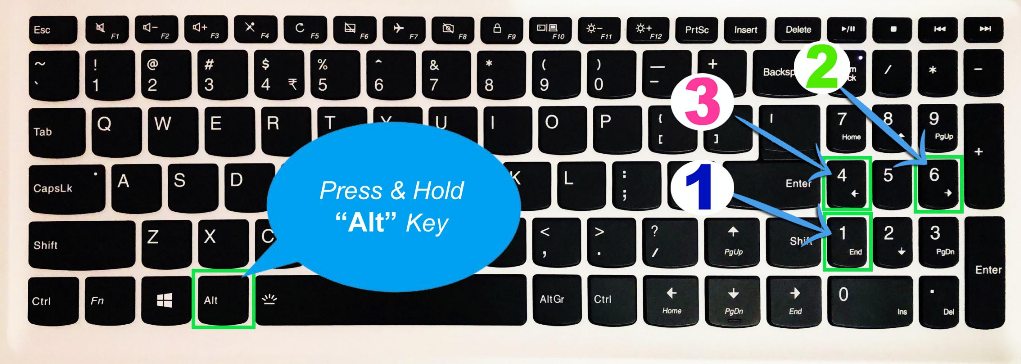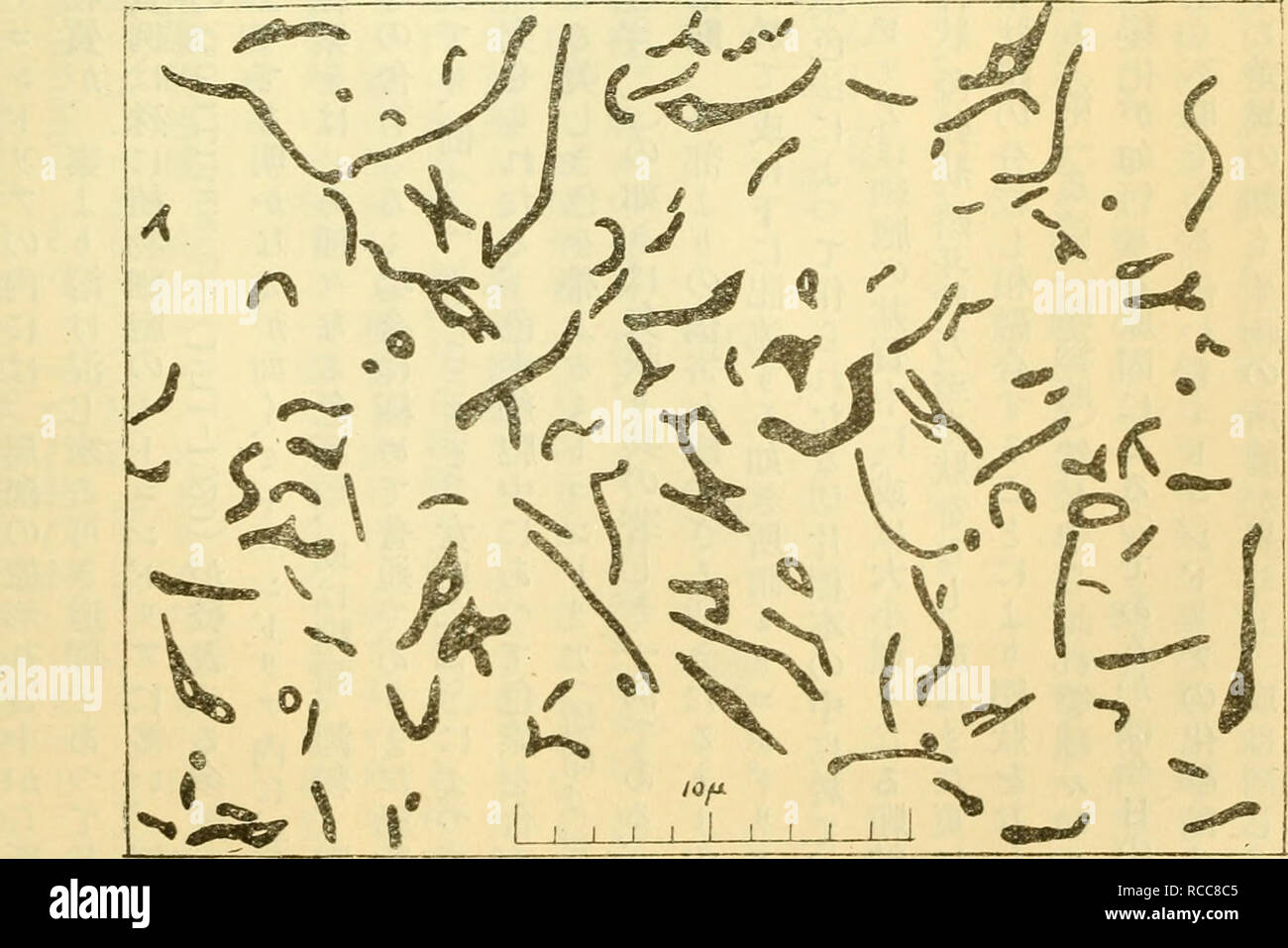

Tone variation can also be seen in English, for example, when we raise the pitch of our voices at the end of sentences to indicate questions (Japanese also do this). Rather, they have two tones, high and low, which serve an equivalent purpose. Japanese, unlike English, does not stress syllables. That said, we can safely assume that English speakers will emphasize the PO in POKEmon, but, as a foreign word with no established, entrenched pronunciation, the dactyllic stress pattern is often mistakenly applied - leading to a pronunciation something like POH-ka-mahn, for those who know the word to be three syllables, or POHK-mahn, for the more culturally challenged.

For native English speakers, trochees, spondees, and dactyls are the most natural, especially with nouns. Natural pronunciation of words in English does not adapt well to Japanese loan words. It indicates proper stress in pronunciation, just as an accent mark is intended to. Source: I am a Japanese speaker and have worked at Nintendo as a translator. The reason for this decision was because although no native English words use the acute accent mark, most English speakers, and many Japanese speakers, are familiar with the way in which an acute accent mark modifies pronunciation, due to the large number of existing French loanwords in both English and Japanese-entrée/アントレ, café/カフェ, and élite/エリート are familiar examples of this pattern. Therefore, to indicate the correct pronunciation in orthographically-complex, ambiguous English, the acute accent was used.

To accurately transcribe the "e" sound found in the English word "pocket", only the character ケ, which is pronounced as /kɛ/, can be used. However, in Japanese, the orthography and pronunciation of "e" sounds presents no ambiguity. (Compare the way you pronounce the "e" in "pocket" with the way you pronounce the "e" in "peel" to see this for yourself.) The mark in question is an acute accent mark and is absolutely intended to mimic the native Japanese pronunciation, which itself is based on the English words "pocket monster".īecause of English orthography, there is considerable ambiguity surrounding the pronunciation of the character "e".


 0 kommentar(er)
0 kommentar(er)
